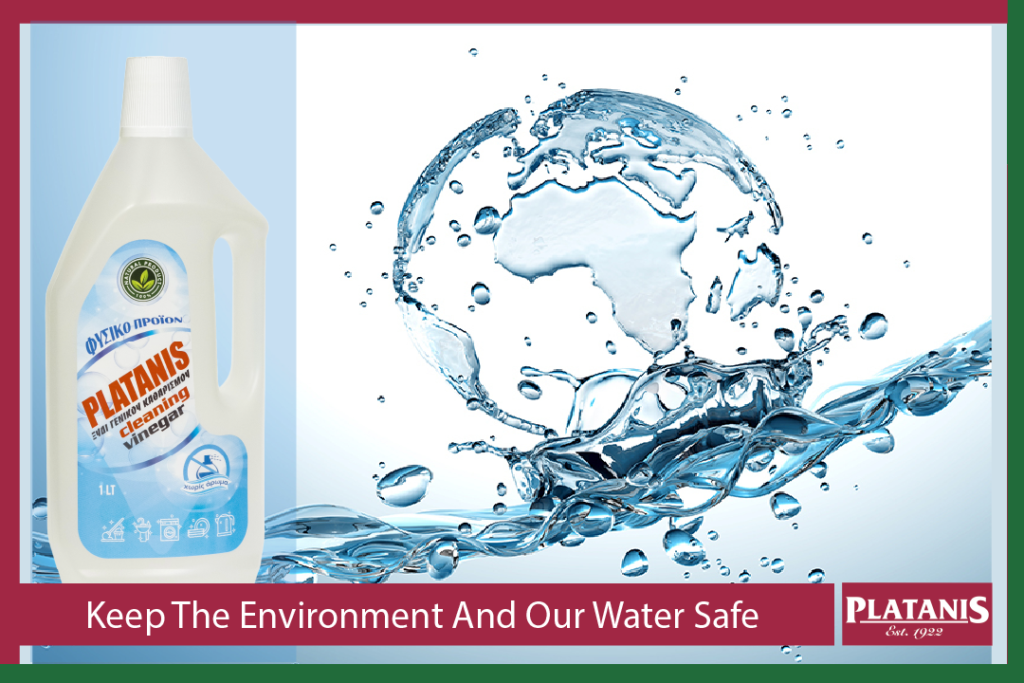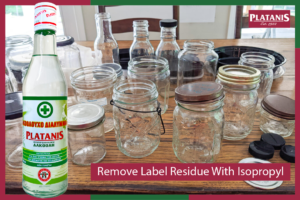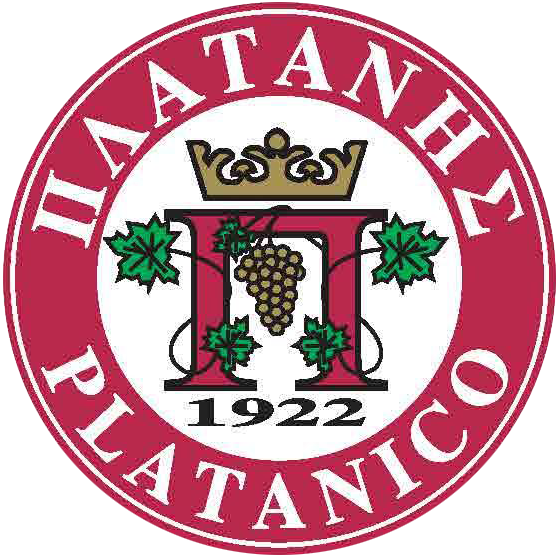Cleaning vinegar environmental benefits are a serious consideration that must not be overlooked. Using cleaning vinegar instead of other cleaning products offers several environmental benefits, particularly in protecting underground waterbeds and the broader ecosystem.
Cleaning Vinegar Environmental Benefits
1. Natural and Biodegradable
Unlike many commercial cleaning products that contain harmful chemicals, cleaning vinegar breaks down naturally without leaving chemical residues. This reduces the risk of chemical contamination in soil and water, protecting underground waterbeds from harmful substances.
2. Reduced Chemical Runoff
Many conventional cleaning products contain phosphates, ammonia, chlorine, and synthetic fragrances, which can be harmful to aquatic life. When these chemicals enter waterways through runoff, they can lead to problems like algae blooms and water pollution. Vinegar, being a natural product, minimizes this risk.
3. Lower Environmental Impact
Cleaning Vinegar is derived from the fermentation of ethanol, which can be sourced from renewable plant materials. This process has a smaller carbon footprint compared to the manufacturing of synthetic cleaning agents. Moreover, the production and disposal of vinegar are less harmful to the environment, contributing to overall ecological sustainability.
4. Preventing Groundwater Contamination
Underground waterbeds, or aquifers, are susceptible to contamination from surface activities. Chemicals from cleaning products can leach through the soil and contaminate these water sources. Vinegar’s natural composition reduces the risk of such contamination, helping to maintain the purity of groundwater.
5. Safety for Septic Systems
Harsh chemicals can disrupt the natural bacterial balance in septic systems, leading to inefficiencies and potential environmental harm. In contrast, cleaning vinegar is safe for septic systems, promoting the healthy breakdown of waste without harming beneficial bacteria.
By choosing cleaning vinegar, you are making an environmentally conscious decision that helps protect underground waterbeds, reduces chemical runoff, and supports a healthier ecosystem.
Τα περιβαλλοντικά οφέλη του ξυδιού γενικού καθαρισμού είναι μια σοβαρή υπόθεση που δεν πρέπει να αγνοήσουμε. Η χρήση ξυδιού γενικού καθαρισμού αντί άλλων προϊόντων καθαρισμού προσφέρει αρκετά περιβαλλοντικά οφέλη, ιδιαίτερα στην προστασία των υπόγειων υδάτινων στρωμάτων και του ευρύτερου οικοσυστήματος.
Τα Περιβαλλοντικά Οφέλη Του Ξυδιού Γενικού Καθαρισμού
1. Φυσικό και βιοδιασπώμενο
Σε αντίθεση με πολλά προϊόντα καθαρισμού του εμπορίου που περιέχουν επιβλαβείς χημικές ουσίες, το ξύδι γενικού καθαρισμού διασπάται φυσικά χωρίς να αφήνει τοξικά υπολείμματα. Αυτό μειώνει τον κίνδυνο χημικής μόλυνσης στο έδαφος και το νερό, προστατεύοντας τα υπόγεια υδάτινα στρώματα από επιβλαβείς ουσίες.
2. Μειωμένη χημική απορροή
Πολλά συμβατικά προϊόντα καθαρισμού περιέχουν φωσφορικά άλατα, αμμωνία, χλώριο και συνθετικά αρώματα, τα οποία μπορεί να είναι επιβλαβή για την υδρόβια ζωή. Όταν αυτές οι χημικές ουσίες εισέρχονται στις υδάτινες οδούς μέσω της απορροής, μπορεί να οδηγήσουν σε προβλήματα όπως άνθηση φυκιών και ρύπανση του νερού. Το ξύδι, ως φυσικό προϊόν, ελαχιστοποιεί αυτόν τον κίνδυνο.
3. Μικρότερες Περιβαλλοντικές Επιπτώσεις
Το ξύδι γενικού καθαρισμού προέρχεται από τη ζύμωση αιθανόλης, η οποία μπορεί να προέρχεται από ανανεώσιμα φυτικά υλικά. Αυτή η διαδικασία έχει μικρότερο αποτύπωμα άνθρακα σε σύγκριση με την κατασκευή συνθετικών καθαριστικών. Επίσης παραγωγή και η διάθεση του ξυδιού είναι λιγότερο επιβλαβείς για το περιβάλλον, συμβάλλοντας στη συνολική οικολογική βιωσιμότητα.
4. Πρόληψη της μόλυνσης των υπόγειων υδάτων
Τα υπόγεια υδάτινα στρώματα ή οι υδροφόροι ορίζοντες είναι επιρρεπείς σε μόλυνση από επιφανειακές δραστηριότητες. Οι χημικές ουσίες από τα προϊόντα καθαρισμού μπορούν να διαπεράσουν το έδαφος και να μολύνουν αυτές τις πηγές νερού. Η φυσική σύνθεση του ξυδιού μειώνει τον κίνδυνο τέτοιας μόλυνσης, συμβάλλοντας στη διατήρηση της καθαρότητας των υπόγειων υδάτων.
5. Ασφάλεια για σηπτικά συστήματα
Οι σκληρές χημικές ουσίες μπορούν να διαταράξουν τη φυσική βακτηριακή ισορροπία στα σηπτικά συστήματα, οδηγώντας σε αναποτελεσματικότητα και πιθανή περιβαλλοντική βλάβη. Το ξύδι γενικού καθαρισμού είναι ασφαλές για τα σηπτικά συστήματα, προάγοντας την υγιή διάσπαση των απορριμμάτων χωρίς να βλάπτει τα ωφέλιμα βακτήρια.
Επιλέγοντας ξύδι γενικού καθαρισμού, παίρνετε μια περιβαλλοντικά συνειδητή απόφαση που βοηθά στην προστασία των υπόγειων υδάτινων στρωμάτων, μειώνει την απορροή χημικών και υποστηρίζει ένα πιο υγιές οικοσύστημα.
Sources/Πηγές
Bhatti, G., & Heacock, H. (2016). Evaluating the effectiveness of vinegar as a sanitizer. BCIT Environmental Public Health Journal. https://doi.org/10.47339/ephj.2016.103
Casas, L., Zock, J. P., Carsin, A. E., Fernandez-Somoano, A., Esplugues, A., Santa-Marina, L., Tardón, A., Ballester, F., Basterrechea, M., & Sunyer, J. (2013). The use of household cleaning products during pregnancy and lower respiratory tract infections and wheezing during early life. International Journal of Public Health, 58(5), 757-764.
Clausen, P. A., Frederiksen, M., Sejbæk, C. S., Sørli, J. B., Hougaard, K. S., Frydendall, K. B., Tanja, K., Carøe, T. K., Flachs, E. M., Meyer, H. W., Schlünssen, V., & Wolkoff, P. (2020). Chemicals inhaled from spray cleaning and disinfection products and their respiratory effects: A comprehensive review. International Journal of Hygiene and Environmental Health, 229, Article 113592. https://doi.org/10.1016/j.ijheh.2020.113592
Da Silva, E. P., Ngutuka, M., Dumas, O., Orsi, L., Ait-hadad, W., Lemire, P., Quentin, J., Pin, I., Varraso, R., Siroux, V., & Le Moual, N. (2023). Longitudinal associations of household use of cleaning agents and asthma symptoms in women: The EGEA study. Occupational and Environmental Medicine, 80(4), 218-224.
Salonen, H., Salthammer, T., Castagnoli, E., Täubel, M., & Morawska, L. (2024). Cleaning products: Their chemistry, effects on indoor air quality, and implications for human health. Environment International, 190, 108836. https://doi.org/10.1016/j.envint.2024.108836
Zinn, M. K., & Bockmühl, D. (2020). Did granny know best? Evaluating the antibacterial, antifungal and antiviral efficacy of acetic acid for home care procedures. BMC microbiology, 20(1), 265. https://doi.org/10.1186/s12866-020-01948-8




